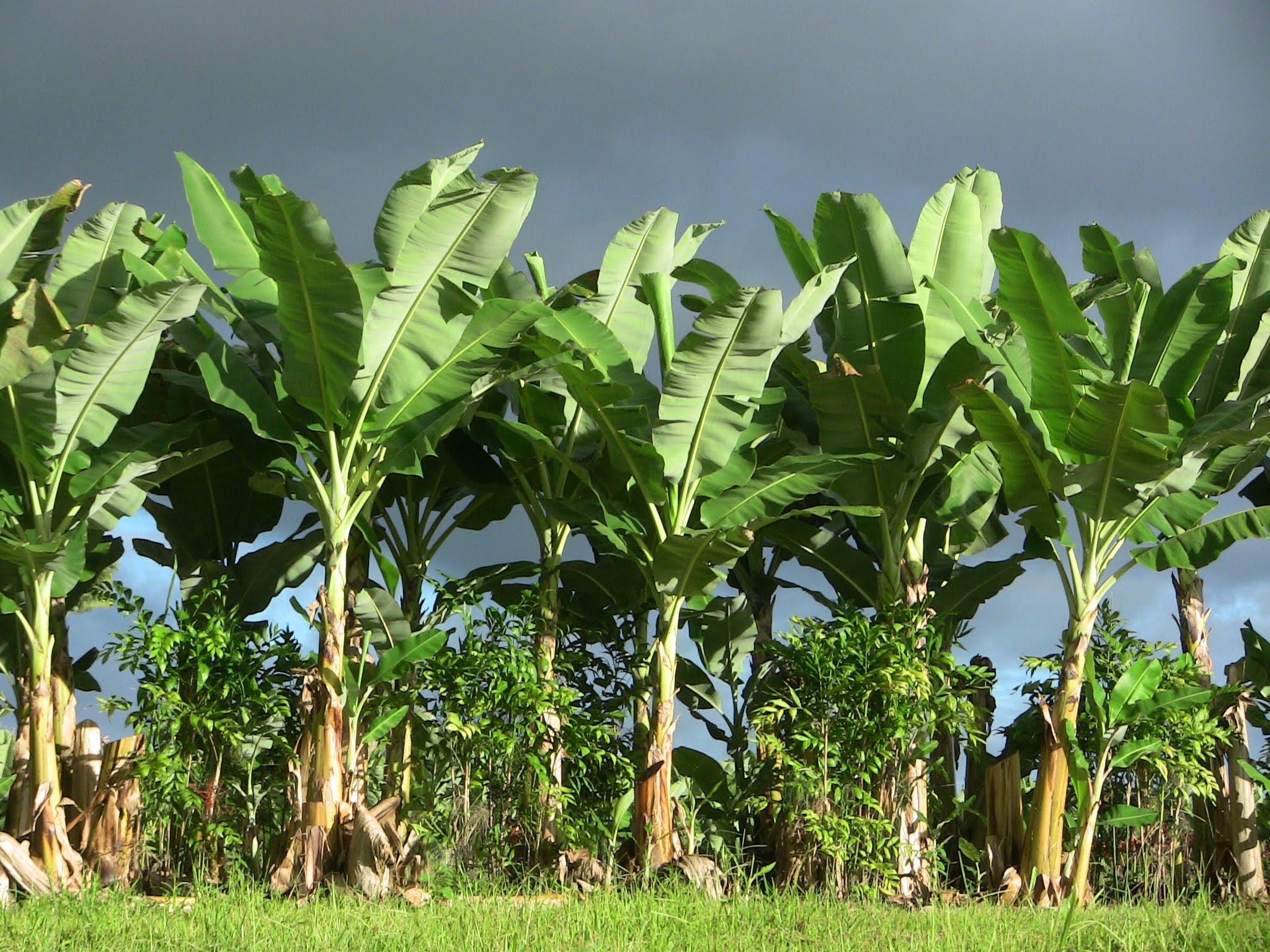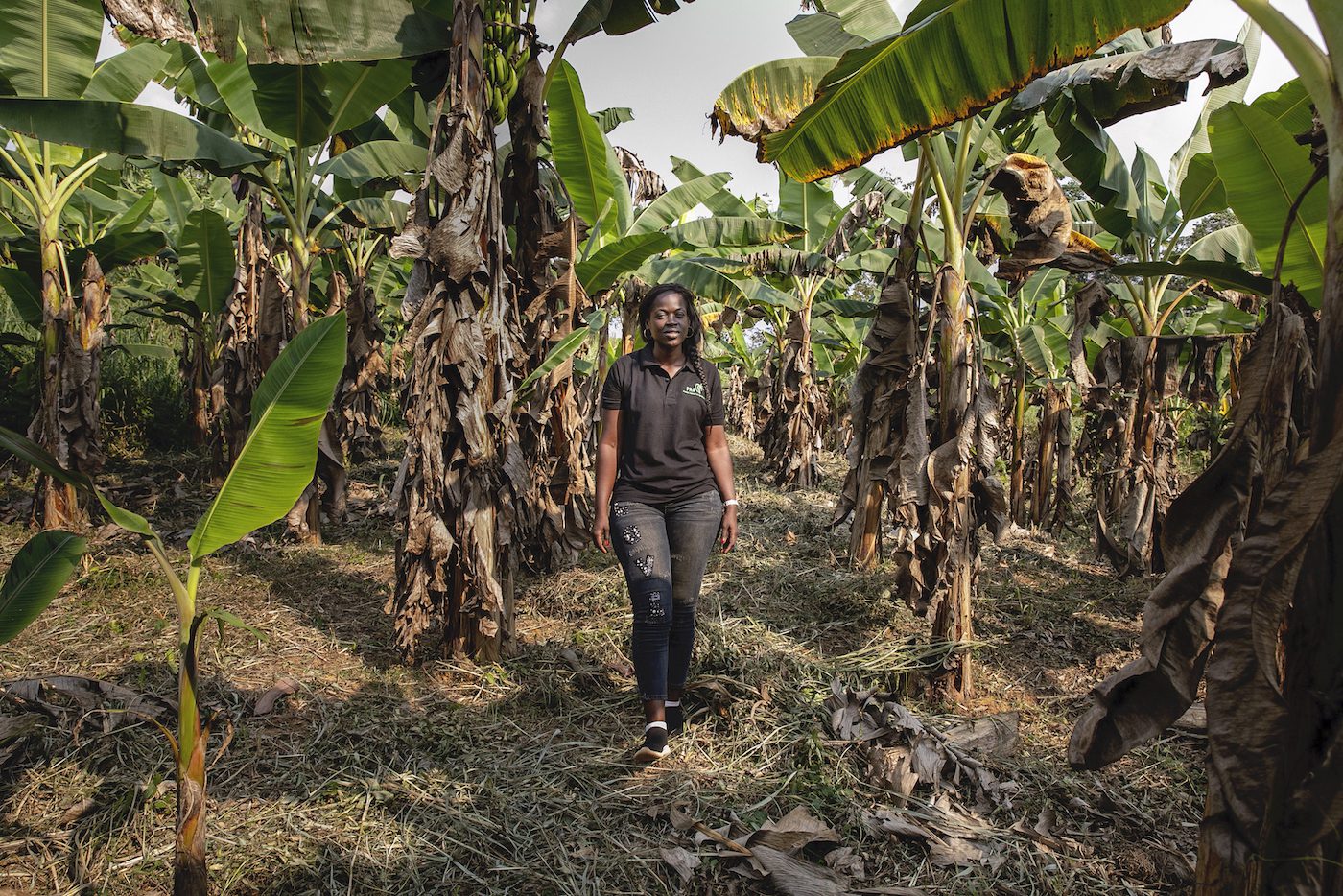
In the year 2022, in addition to a vast array of accomplishments, a multitude of global issues remain unresolved. And women in general continue to face difficulties within a society rooted in patriarchal traditions.
According to the UN Women and the World Conservation Monitoring Centre (WCMC), women living in rural areas are subject to additional challenges such as limited access to public services and even the bare necessities. Moreover, gender-based violence, financial barriers, and exclusion from decision-making opportunities are more acute in sparsely populated areas.
Natural ecosystems continue to face destruction and pollution in the midst of technological innovation. Focusing solely on the mere production of global plastic waste, the United Nations Environment Programme (UNEP) estimates that the world produces around 450 million tons of plastic annually. With the majority of plastics being single-use, approximately 36 percent of all plastics are used in packaging.
In light of these difficulties, a new packaging business located in Cameroon strives to reduce plastic consumption and empower rural women in their local communities. Women-owned and impact-driven, Product Related to Agricultural Sector (PRA) produces 100 percent compostable and biodegradable packaging from recycled paper and discarded plantain stems.
Their paper-like packaging material is not only useful in the agro-food industry, but also in small and large scale business alike: supermarkets, bakeries, wine cellars, clothing shops, and more.
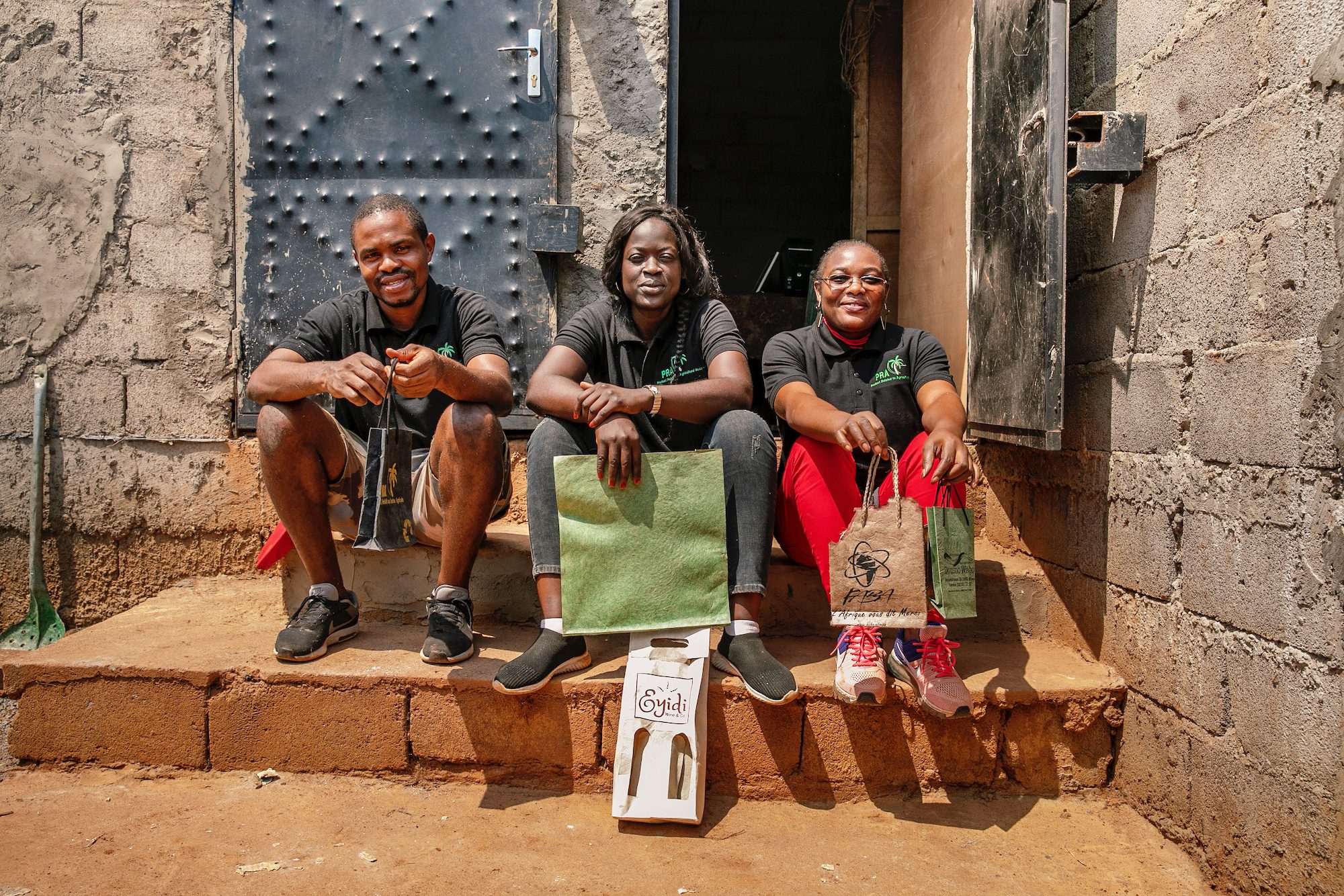
The PRA team with their sustainable and renewable plantain-based paper product. Source: PRA.
Cameroon alone produces 600K tons of plastic waste annually, causing drastic consequences for the environment. The accumulation of plastic waste not only contributes to the destruction of ecosystems and wildlife, but also increases the occurrence of floods and diseases.
These natural disasters in turn, increase child mortality rates, damage farm production and land fertility, and disrupt local economies. The plantain industry in Cameroon also contributes to the production of methane and carbon dioxide from the millions of discarded plantain trunks produced annually.
PRA follows a simple, cost-effective, and competitive business model to combat these issues:
- The team purchases low-cost, discarded plantain trunks from plantations.
- The rural women collect and process plantain trunks into fiber.
- The women then combine the fiber with recycled paper to make packaging material.
I was fortunate enough to interview the founder of PRA, Armelle Sidje Tamo about the opportunities the company is pursuing for impact, as well as their current challenges.
When asked how PRA can be described in a few words, Armelle presents the startup as having “long-term sustainable goals” and striving to “empower young women” in rural areas.
In addition to expanding their business globally, the company also sells plantain fiber (which can be used for cooking and making clothes) and gives training to young entrepreneurs on how to produce sustainable packaging. Similarly to how PRA once overcame their knowledge barrier through networking with other companies, young entrepreneurs are able to accelerate their shared sustainable goals. In the future, PRA also plans to use any excess bio-waste to produce organic fertilizer and biogas for local farms.
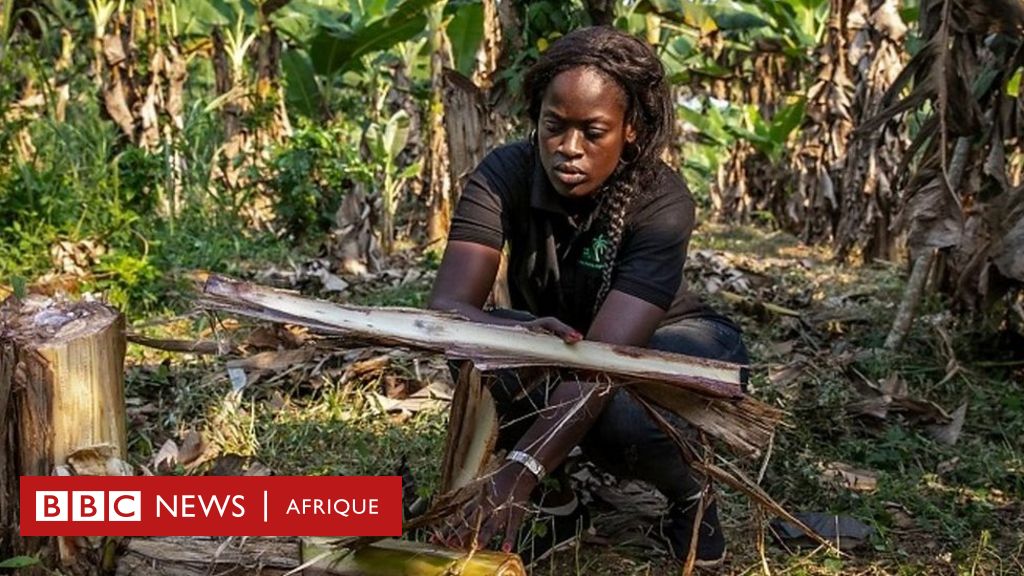
Sidje Tamo Armelle harvesting plantain stems. Source: BBC News.
PRA plans to produce 33,000 compostable and biodegradable packaging annually, protecting hundreds of trees and recycling 15,000 tons of paper waste. Their actions will reduce 600,000 tons of CO2 every year, will create hundreds of local jobs, and will contribute to additional income for 50 farmers. Their key values include empowering rural women with local jobs to achieve financial independence and an escape from ignorance and lack of resources.
As for their current challenges, Armelle shared PRA’s preoccupation with the price of packaging and production. In order to improve the accessibility of their products, they plan to reduce the price by lowering the cost of acquiring plantain stems.
This can easily be resolved through relocation or expansion of the company in areas with plantain stems, and less money can be spent on transportation of materials. On another note, the high demand for their products requires more workers and more training. Their next steps are to expand the company and expand their financial capacity.
With regards to the company’s unique empowerment and dependency on rural women, you may wonder…
What are the benefits of empowering rural women?
The EU Business School (EU) lists the general advantages of promoting women in business as:
- Increasing creativity and productivity within the team.
- Receiving first-hand consumer insights (women account for around 85 percent of all consumer purchases in the US).
- Scoring higher in emotional intelligence tests (in consideration of increasing demand for workers with communication skills and self-awareness).
Rural women provide unique advantages to the business ecosystem.
According to the UN Women, rural women are “key agents for achieving the transformational economic, environmental and social changes required for sustainable development.” The WCMC emphasizes their prominent role in the future of sustainable development, with nearly 45 percent of the world’s agricultural labor force consisting of women.
As a result of the heavy out-migration of men in rural areas, the women in these communities are responsible for the well-being of their family, community, and the environment. With their extensive knowledge on the community’s nutritional and cultural needs, rural women are better positioned to identify the challenges and solutions necessary for sustainable development.
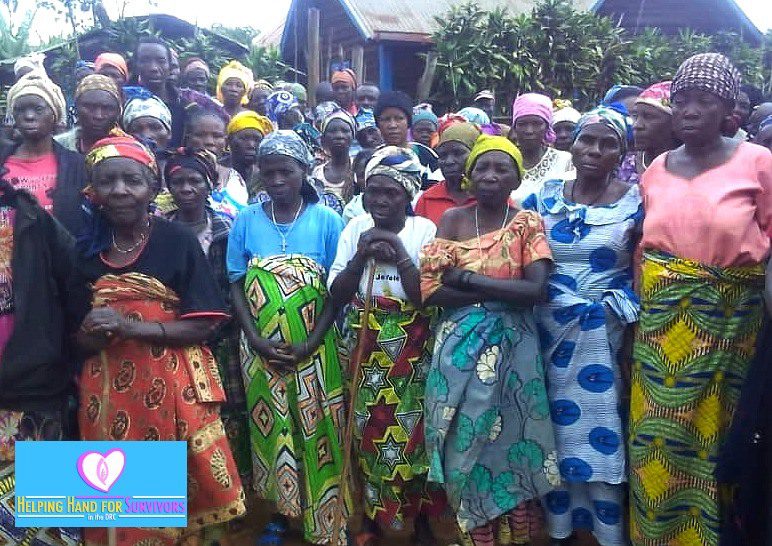
A group of women from the Democratic Republic of Congo. Source: hhsurvivors.org
Based on a 6-year multi-agency global initiative implemented by the World Food Programme (WFP) and other international organizations, economic empowerment of rural women as farmers, entrepreneurs and leaders contributes towards alleviating poverty, increasing food security and achieving gender equality. The women applied climate-smart agricultural practices supported by the programme after receiving training and technological support.
As a result, the women were able to maintain their income security even through the COVID-19 pandemic through the increased availability of cash transfers and access to funds. Ultimately, this programme established that the sustainable practices of empowered rural women lead to long-term profit and effectiveness.
Even with all this information about the benefits of empowering women…
Why are the majority of rural women still living in poverty?
The answer to this question is quite simple: Lack of resources.

Kashoro Nyenyezi, Exec. Director of Helping Hand for Survivors. Source: hhsurvivors.org
For more insight into the situation, I interviewed Kashoro Nyenyezi, the executive director of the non-profit organization Helping Hand for Survivors, which aims to educate, support, and empower rural women and girls from war-torn communities in the Congo.
Kashoro believes that the development and sustainability of rural communities depend on the women. She lives by the proverb that
“if you educate a man you educate an individual, but if you educate a woman you educate a nation.”
Rural women play a central role in the quality of life for her children and her family. For the benefit of their family, the women are passionate and persevering, in hopes that their children can be well-provided for, educated, and have access to knowledge and technology.
In response to the question of what challenges rural women specifically face, both Kashoro and Armelle emphasized the distinct situation of these women compared to urban women.
Rural women have no access to the internet, reliable healthcare, equipment, and oftentimes clean water and education. They are vulnerable to malnutrition, violence, and diseases–which occupy the majority of their free time. Thus, they also do not have the time to inform themselves and have great ambitions.
Armelle from PRA stated that rural women lack self-confidence rooted in their poor situation; after having spoken to the women in Cameroonian communities, she realized that the women desire entrepreneurship and leadership skills–they want to make an impact on the world.
A straightforward solution to empowering rural women includes not only financial support, but also the training and equipping of women with resources to develop necessary skills in their livelihood and work. It is pivotal that we teach and inform them leadership skills and actively strive for their participation in shaping laws, strategies, policies and programs.
Ultimately, the founder of PRA realized the necessity of empowering rural women for a sustainable and effective business model. With 70 percent of the company’s shares being owned by women, this impact startup is continuing to grow as a successful business that flourishes from their positive contributions to society and the environment. Their active empowerment and support of rural women corresponds well with their environmental goals of reducing pollution and increasing equality.
Ashley is an undergraduate student at McGill University, currently majoring in English Literature and minoring in Hispanic Studies and European Literature & Culture. Outside of academic writing, she is passionate about creative journalism and environmental sustainability. Get in touch with her at ashley[at]starduststartupfactory.org.

